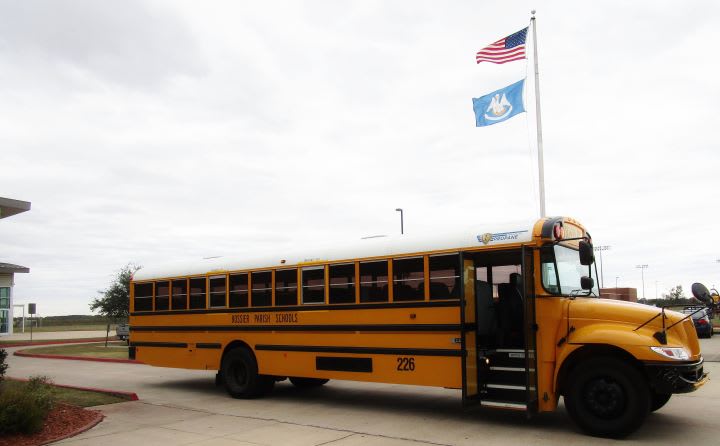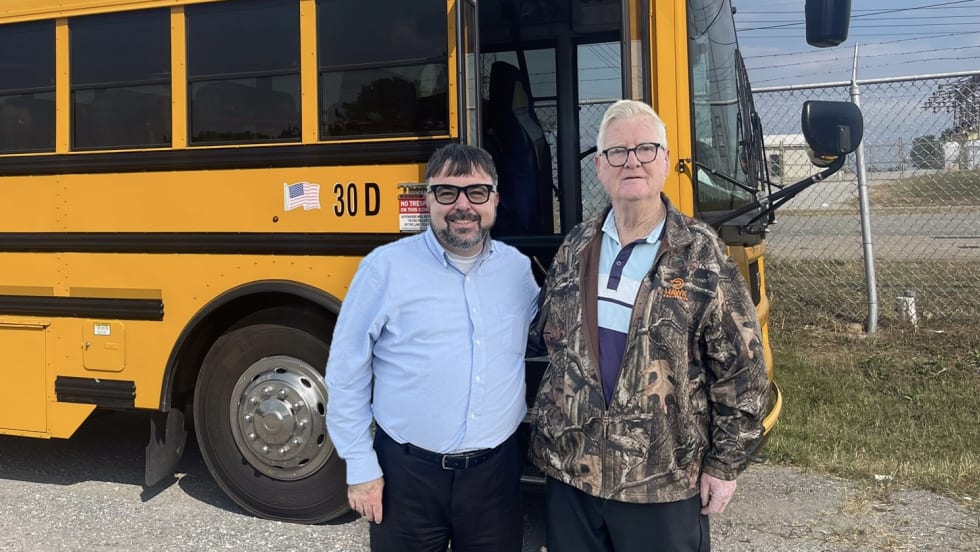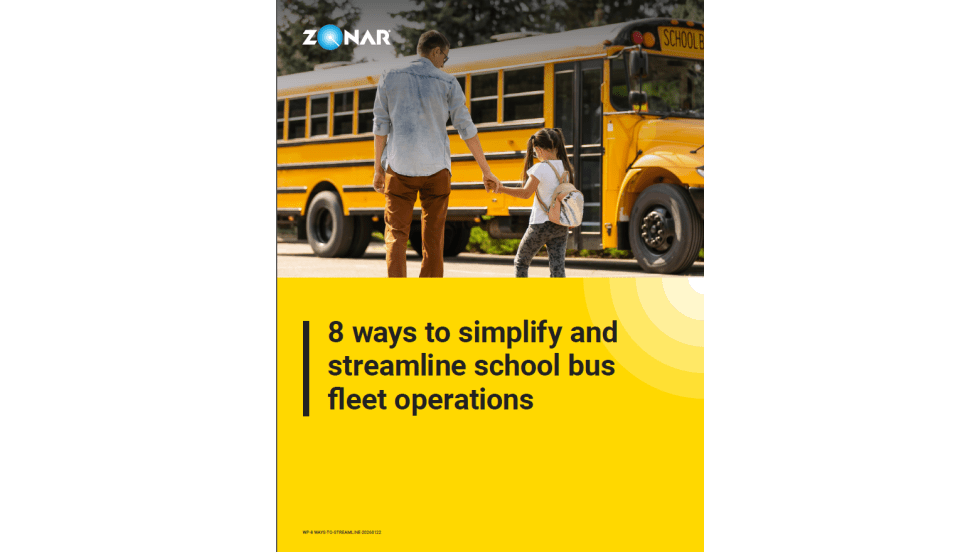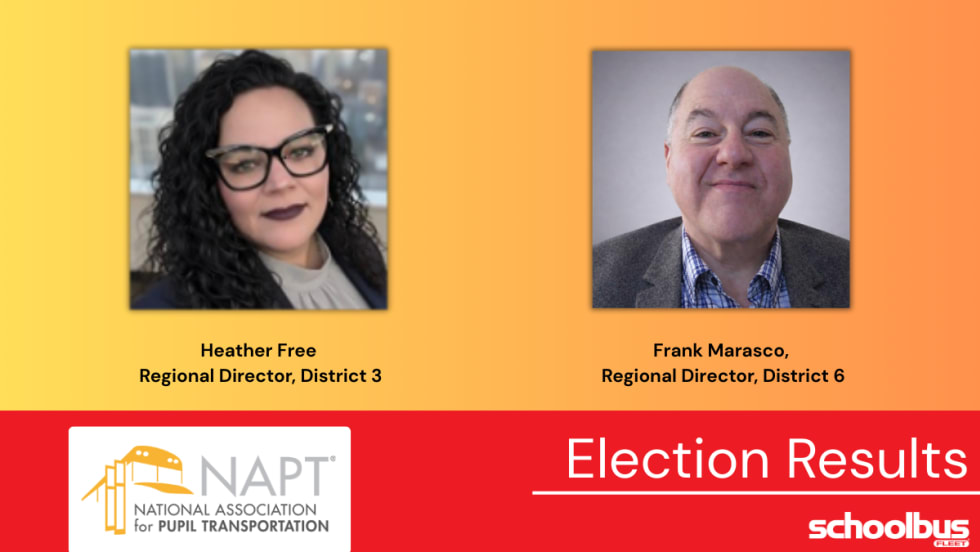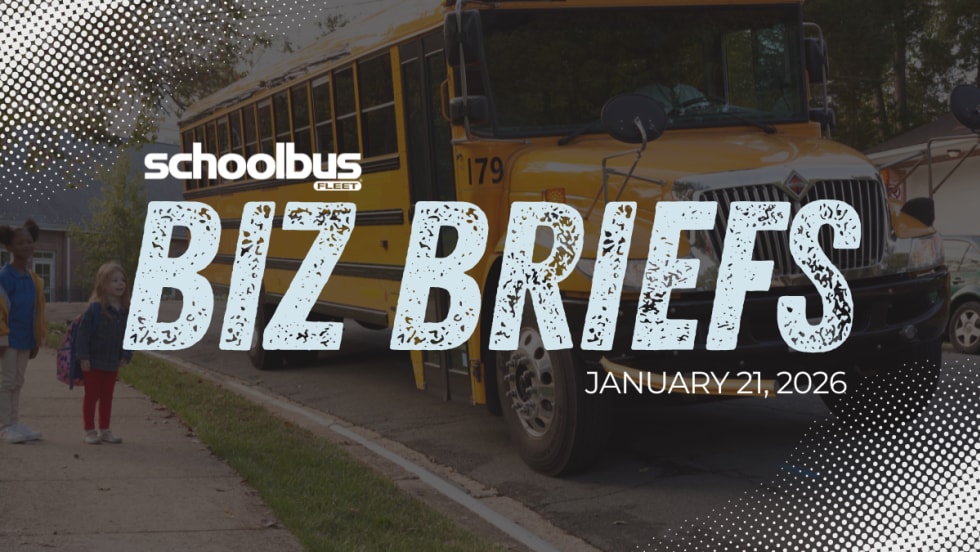Although pay and other benefits help mitigate the shortage in some districts, others see jobs unfilled elsewhere in the education ecosystem.
The three top-paying school districts for new bus drivers, based on responses to a recent School Bus Fleet survey, are in Pennsylvania, Louisiana, and Washington state.
Parkland School District in Allentown offers an average hourly wage of $32.75. Bossier Parish pays $30 per hour. Renton School District pays $29.83.
Wages in those top-paying districts climbed well above the average $18.48 found in the survey of pupil transportation directors throughout North America.
“It is exciting to hear that Bossier Parish has one of the highest hourly wage rates for school bus drivers – especially during a nationwide driver shortage,” says David Hadden, transportation director for Bossier Schools. “District leadership clearly understands the impact bus operators have within our community. While pay is a critical component to attract and retain transportation personnel, equally important are a back-to-school supplement, 13th check, a low cost/excellent health care plan, generous leave benefits, and multiple state retirement plan options.”
Since taking the survey, Hadden reports that the district now has 220 bus operators, 17 substitutes, and 15 activity drivers.
“With 10 substitute and 11 activity drivers idle today, we no longer have a school bus driver shortage,” he says.
But other top-paying districts, according to the SBF survey, continue to endure moderate or severe shortage problems.
The survey also found:
The average transportation director salary is about $107,000.
88% of responding districts experienced moderate to desperate levels of driver shortage, with only 12% reporting mild issues.
“Real Front-Line Heroes”
In Florida, Hillsborough County Public Schools is among the districts reporting a desperate driver shortage. The district reduced the number of school bus routes – and the routes they had doubled back to schools in the mornings and afternoons. The average bus driver hourly wage in Tampa: $14.57.
“Pay is an issue,” says James Beekman, HCPS transportation director. “Districts have to be competitive in their pay.”
He notes that a lot of drivers went on leave because Hillsborough didn’t have a mask mandate to protect against COVID-19 at the start of the school year and “once there was one, we had other drivers who left because they did not want to be mandated to wear one.”
It’s not all bad, though, he says.
“Transportation has always been a family group,” Beekman says. “This is my third district in my career, and it has always been the same. They are proud professionals that are the backbone of the community. When COVID first hit and teachers with their unions were forcing the issue of not coming into the classroom because it was too dangerous for them, our drivers were in the community bringing meals to our students. We had 330 stops in Hillsborough alone and our drivers and attendants were more concerned that ‘their’ students got a meal over their own fears of COVID. They were our real front-line heroes.”
Shortage Not Limited to Bus Drivers
Not far away, in Lake County, the school district reported a severe driver shortage – and a starting hourly rate of $12.73, with the potential for earning as much as $23.49.
“While I believe that starting pay has an effect on attracting new applicants, the fact that this shortage is nationwide and that many districts whose starting pay is higher than ours are also experiencing driver shortages leads me to believe that the starting pay is not necessarily the problem,” says E. Scott Pfender, Lake County Schools’ transportation director. “We have found that we are attracting and training a similar number of applicants as years past, but that we are losing more drivers to retirement or career changes than we are accustomed to and therefore are having trouble maintaining our numbers.”
Pfender doesn’t think the phenomenon is limited to bus drivers, but can also be found among food service, custodial, and maintenance workers in schools. “School transportation just catches the headlines because it is the most visible and affects both students and parents if there are service problems,” he says.
His district is trying to find ways to increase pay, but they rely on state funding.
“It is hard to cherry pick specific positions to give increases to when almost all departments are struggling to find help, so I don’t know about the feasibility of giving pay increases disproportionally to school bus drivers over other positions,” Pfender says.
Stagnant Pay, Growing Demands
In Arizona, the Scottsdale Unified School District provides an average hourly wage of $16.47. Here, the driver shortage is desperate enough that non-bus driver staff regularly take the wheel or fill in as dispatch.
“We have also consolidated many routes, resulting in larger passenger loads and longer ride times,” says Brendan Wagner, SUSD’s transportation director. “We have doubled back at many schools, resulting in wait times after dismissals and later drop off times.”
Pay stagnated, while requirements and credentialing grew more complicated and difficult. Add to that, Wagner notes, that a school bus driver’s job is one of the hardest in the education ecosystem.
“In addition to the difficulties, responsibilities, and continuing education is the challenge of student behavior, parent expectations, and sometimes lack of support from administration,” he says. “Add in the split shift, non-paid days, and sometimes less-than-optimal equipment and you end up with a potentially very unsatisfying job/profession.”
Wagner’s appreciative of the drivers who stick with it, showing up day after day.
“Everyone has been willing to wear different hats from day-to-day and go above and beyond,” he says. “Despite the daily struggles of trying to continue to provide safe and exceptional service under the current circumstances and the constant challenges and pressure we experience, we still carry on and are grateful for our jobs and each other.”




